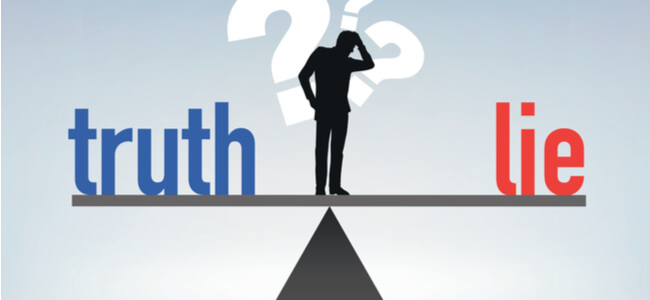Does DNA Change As You Get Older?

There has always been that notion that even though your body may age, the core of what makes you unique, your DNA, stays the same.
However, new research is calling this idea into question and suggesting that our DNA might change as we age.
DNA can reveal a plethora of information about us like where our ancestors migrated from and clue us into our ethnicities.
It can also tell us important health information and even connect us to living relatives we did not know we had.
Since our DNA changes as we age, what does this mean for us and can we leverage these insights to improve our lives? Keep reading to find out.
The DNA We Are Born With
We inherit DNA from both of our parents and a child will receive approximately 50% of their DNA from each parent. Obviously, parents do not get to choose which part of the DNA they pass on to their child.
Due to this, genetic abnormalities and predispositions to certain diseases can be passed on from parent to child.
Genetic inheritance is random and you and your siblings may receive varying results from a DNA test. The exception to this is identical twins.
They share more DNA than siblings who are not twins. If you are not a twin, consider combining your DNA test results with those of your siblings.
You are more likely to get a fuller picture of your genetic background.
DNA Changes Over Time
How exactly does DNA change over time? To understand that, we need to look at how DNA is assembled. DNA consists of four basic chemicals called adenine, thymine, guanine, and cytosine.
These four chemicals determine what function a gene has. The way the resulting genes are controlled is through a process called methylation.
Methylation is what scientists are now focusing on to understand how DNA is changing in our bodies as we grow older.
At the Bellvitge Biomedical Research Institute in Barcelona, Spain, a team of researchers experimented with DNA samples.
They took the DNA from newborns and people from the age of 89 to 100 years old and compared the degrees of methylation present in their DNA.
The results were enlightening. Scientists discovered that as we age, the amount of methylation decreases in our DNA.
In the newborn babies tested, 80.5% of the cytosine nucleotides were methylated compared to the older adults who dropped down to 73%.
This decrease is particularly interesting to scientists as it may hold the answer to why older people are more susceptible to cancer and other serious diseases.
How Does DNA Change?
As we age, the methylate can break down our body’s ability to fight terminal disease. When the amount of methylation decreases, the genes are turned back on.
This often occurs in genes that are at risk of infection and diabetes that are switched back on in adulthood due to the loss of methylation.
When combined with environmental exposure, the loss of methylate can lead to significant consequences.
Understanding how our DNA evolves over our lifetime could provide invaluable insight into the link between methylate and various illnesses.
Hopefully, this important research will help scientists and doctors create critical health interventions to assist us in warding off dangerous diseases.
Is There A Perfect Age To Get A DNA Test?
DNA tests can tell us a lot about ourselves including our ancestry, ethnicity, and the diseases we may have a predisposition to.
But is there an age limit to getting a DNA test or an optimal time in life to take one? The answer is no. Any time is fine to get a DNA test and to learn more about your genetic makeup.
Even if your DNA changes over time, there is still important information that can be gathered from a test. As your ethnicity, ancestry, and heritage will not change, there is no risk of getting incorrect results just because you are older.
Many older adults are discovering incredible insights into their pasts from doing DNA tests.
You may have grown up thinking that your ancestors are from one place only to find out something entirely different. It is important to keep in mind that DNA testing can be full of surprises, both welcome and unwelcome ones.
If you are curious about your genetic makeup, then taking a test at any age can prove to be an insightful experience.






